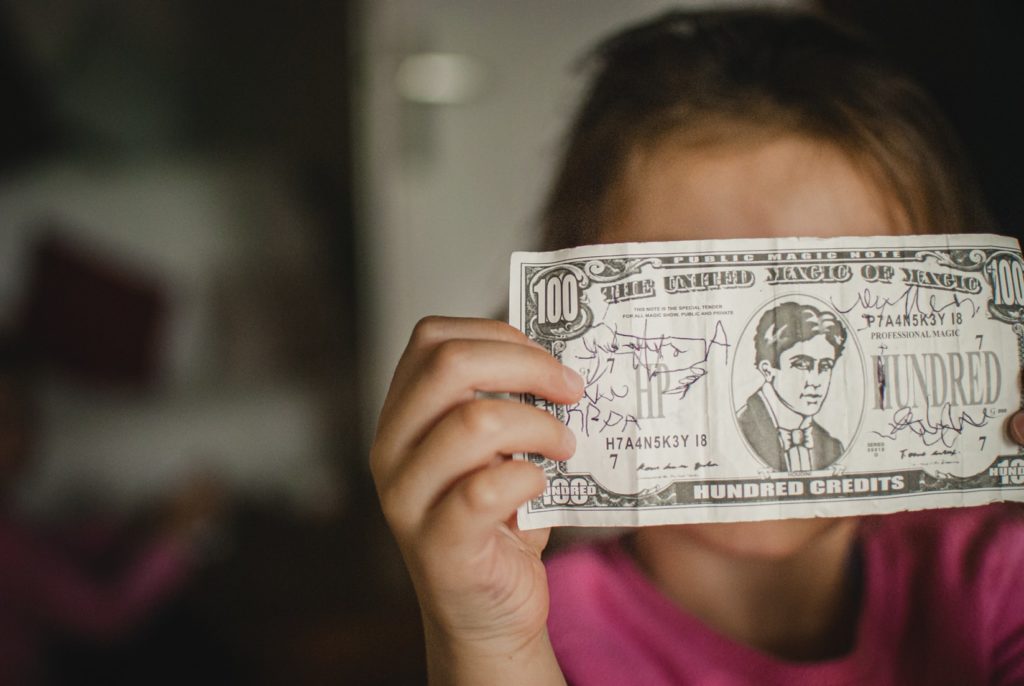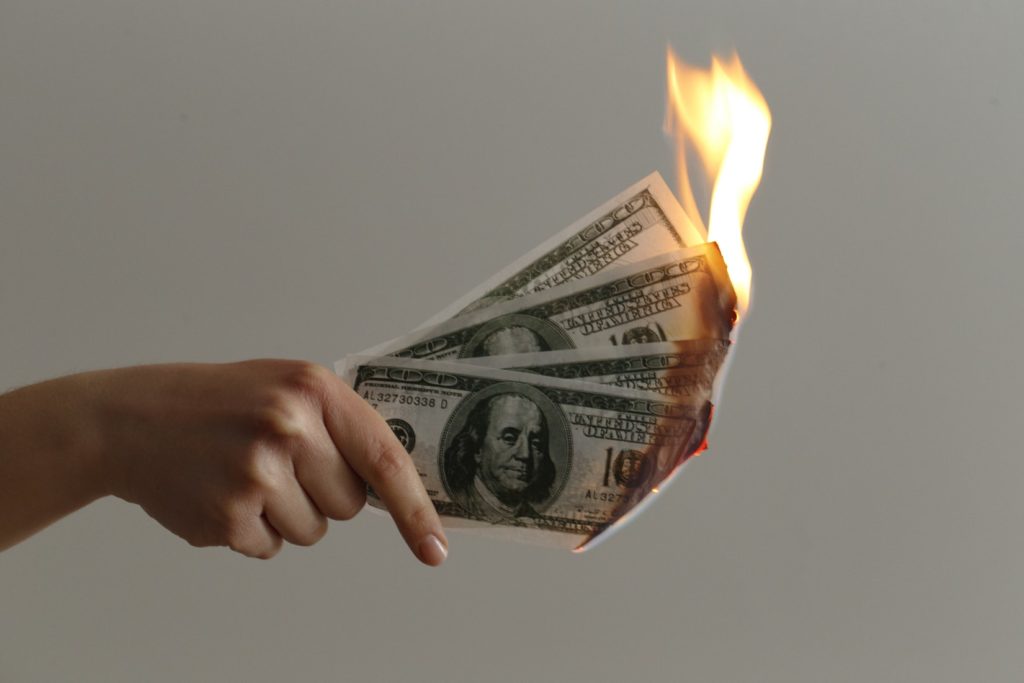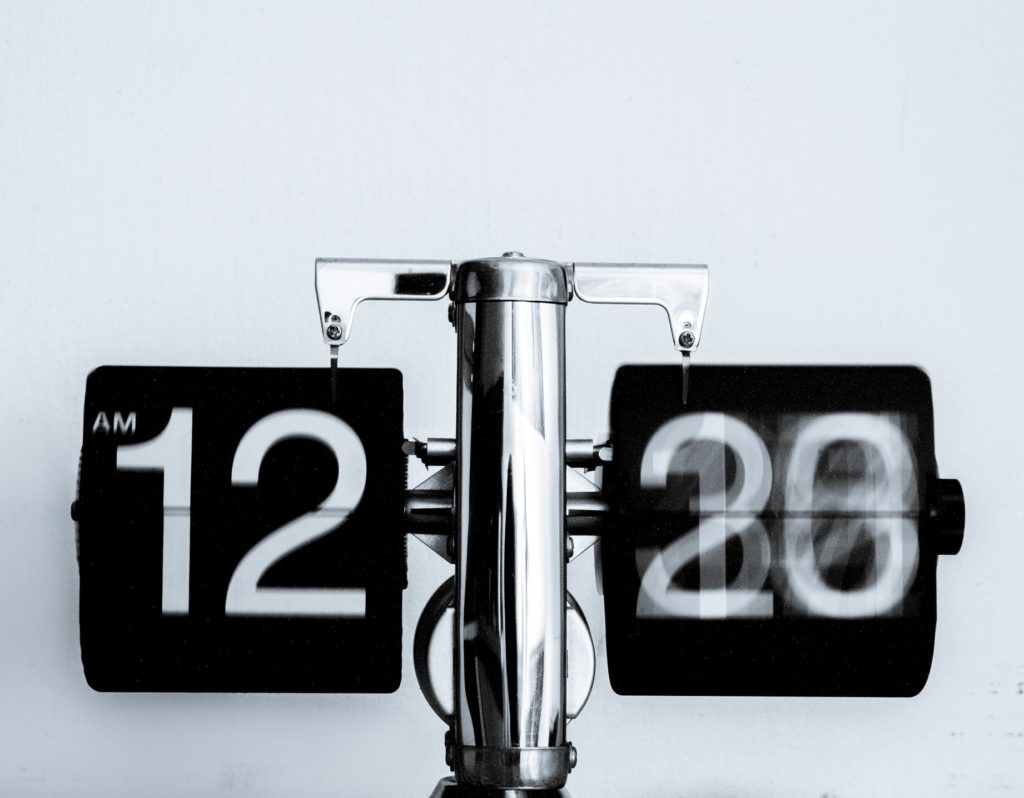Kids do not understand the true value of money. To be honest, most adults don’t understand it well either. Society has dictated that we use a form of currency to exchange effort for value that we in turn give to someone else for something that we deem as an equivalent value.
Here is a quick exercise to try sometime. Try and explain to a child what the real value of money actually is.

Yes, it is simple to explain that we give a $20 to the nice cashier and they allow us to take the shiny new toy home. Yet, to a 5 year old, the concept of money as a unit of value does not compute. They have no ability to understand what is involved in trading money for goods and services. They have no concept to differentiate between a quarter and a $100 bill.
Even with this lack of understanding we start teaching children the value of time at an early age. If you spend 20 minutes cleaning your room I will buy you that toy. The exchange of time for something of value is a lesson that we all start learning early in life. Hopefully, it is a lesson taught around small chores and activities and not needing to spend time picking through trash for things to recycle for money so that the family can eat.
Some lessons are definitely harsher than others.
This concept is orders of magnitude harder to comprehend when many people have switched over from cash to plastic. Before the lesson was physical:
- If you work for this amount of time then I think that effort is worth this piece of paper with a 100 on it
- You get that piece of paper after completing that work in that time period
- You can then trade that piece of paper for something that you want
- Hopefully you recognize that if you give your entire piece of paper with 100 on it that it represents the time and work that you put in to earn it
Now things are much harder to define when we swipe a piece of plastic through a machine and then walk out with our new goods. There is no physical connection between the effort required to add up larger numbers of electrons in that account and the physical items that we are walking away with.
Looking at the same transaction with both physical, paper money and a plastic card swipe, while in one instance we are trading actual physical objects for other physical objects, both feel a little hollow.
This begs a question. Was it worth it?
To kids who focus on the here and now the immediate rush of gratification and acknowledgement of receiving that which they desire most is their only focus. Money is no object when a child or anyone else is in this state. Maybe a better statement here would be that money holds no value for this scenario.
If a 5 year old had a car and I had 20 of those pieces of paper with $100 on them and a package of Oreo cookies then I would probably have equal chance at walking away with the car with either offer. It would also not surprise me if a majority of the time they went for the Oreos.
Therefore, the question to address here is not to try and understand the intrinsic value of money. The thing to teach is the underlying meaning behind exchange. We still live in a barter society. Except we are not exchanging goods for goods. We have abstracted that exchange to be time spent in exchange for an arbitrary value that we as a society agree upon. We then trade that arbitrary value for actual physical goods. End to end we are exchanging our time and abilities for physical goods. There just happens to be a middleman that we refer to as money, cash, or moola.
Remember, the piece in the middle here only has value if someone believes it has value. At a deep level this is a scary thought – if enough people believed that money doesn’t have value then guess what? It doesn’t.
However, we walk around safe in our bubbles working on ways to get more of this arbitrary measure of value.
Yet, instead of focusing on how to get more money, what we should be doing is relating that value to something much more meaningful to us in the long run. Our time.
If humans lived forever, as long as we had the base necessities like food, shelter and water, then money has no value. Sure – right now I might not have a lot of money but there is always tomorrow. If someone is going to live forever and the basics are taken care of, does it matter if they start living in a cardboard box until they save enough for a tent? Then they can save enough for a camper. Then a small house. Then a bigger house. And so on.
Unfortunately, life is not like that. Our time is finite. It matters.
That is the point of this message. Your worth as a person is not what your bank balance states. It is not your salary number. How much is your time worth?
Let’s say it takes 30 minutes of reading and interaction to get your child to fall asleep at night. That little human will only be little for a relatively short amount of time. How much is that time worth to spend with them?
This same principle applies to every person on earth. It applies to projects, and hobbies, and work. Smart people will weigh their time. We have separation of duties in the workplace to account for this weighing of effort and time.
We value our time against our experience and knowledge. That is the reason an Engineer and an entry level programmer have a big discrepancy in salary. There is an expectation of time and knowledge for one, whereas the other not as much.
Don’t forget the joke about the mechanic when considering how much value your time is worth.
One day a woman brings her car into a shop. She tells the mechanic that it has a rattling sound. She then watches over the next hour as he stares at the engine, occasionally scratching his head in thought. Finally, he grabs a wrench, reaches in and replaces one bolt. When he writes up the work and hands her a bill, she is amazed to see a total of $400.
She hurriedly asks for an itemized bill so that she can see what cost so much. When the paper is returned she finds two lines on the itemization.
Bolt: $4
Knowing which bolt to replace: $396

At the end of the day, knowing how much things cost provides an easy and direct comparison between different ideas and products. Just make sure that you are using the right currency in order to do so. If you asked me if I would take the stack of $100s or the Oreos? I would take the Oreos and then go find my kid to read a story with.
Thanks for reading!




Comments are closed, but trackbacks and pingbacks are open.